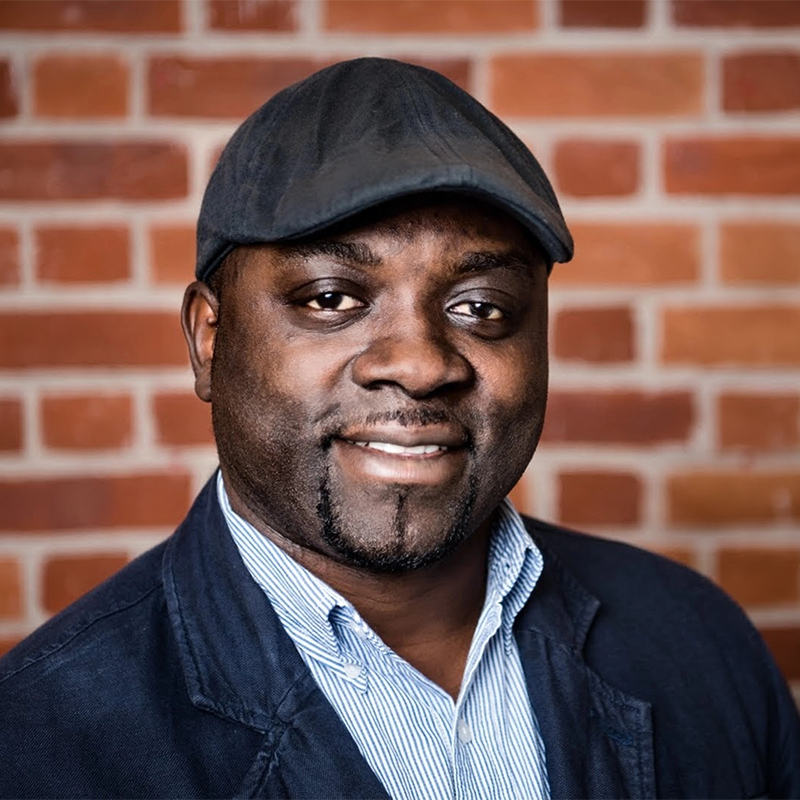
Prof Alfred Amambua-Ngwa
International Fellow at the Sanger Institute, and Professor at the Medical Research Unit The Gambia at LSHTM
Alfred’s research combines cell biology, population genomics and epidemiology. He also leads components of large scientific capacity development programs in Africa, funded by the African Academy of Science (AAS) and The European and Developing Countries Clinical Trials Partnership (EDCTP).
Research interests
His current research focus is on phenotype-genotype association, human Plasmodium parasite evolution and transmission tracking in natural populations of malaria under intense interventions for elimination.
His research group at MRCG@LSHTM uses in vitro malaria parasite culture assays, human and parasite population genomics, parasite and vector genomics surveillance and epidemiology to understand antimalarial drug resistance development, malaria susceptibility and transmission across Africa.
His current research projects include:
- Plasmodium falciparum tolerance to antimalarial drugs in West Africa (EGSACT)
- Genetic interactions between malaria parasites and human communities across different African environments (PAMGEN)
- Genomic surveillance of malaria in West Africa (GSM)
- Dynamics of SARS-CoV-2 and Plasmodium species co-transmission and genetic variation across a gradient of malaria endemicity in Africa (PAMGENe-COVID-19)
At the Sanger institute, Alfred collaborates with the MalariaGEN programme led by Professor Dominic Kwiatkowski to sequence malaria parasite and Anopheline vector genomes for evolution and transmission studies.
He also has an interest in developing forward genetic approaches in collaboration with Dr Marcus Lee to functionally characterise the role of novel polymorphisms in African P. falciparum populations in antimalarial drug tolerance.
Career to date
Dr Alfred Amambua Ngwa obtained BSc, MSc and PhD degrees in Biochemistry from the University of Buea, Cameroon.
His research experience began in 1998 with studies on host-parasite interactions in blinding helminthiasis from infection with Onchcocerca volvulus.
Since 2004 he has been involved in malaria research cutting across disciplines; epidemiology, immunity, cell biology and population genetics.
In 2006 he was appointed as scientist at MRC unit The Gambia, pioneering microarray and genome sequencing to determine signatures of selection across the genome of the deadliest malaria parasite, Plasmodium falciparum in Africa.